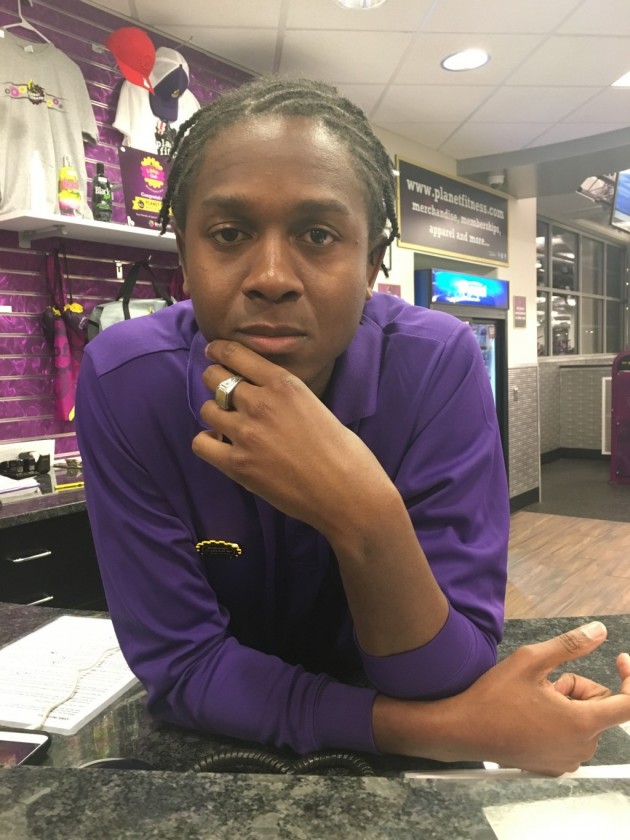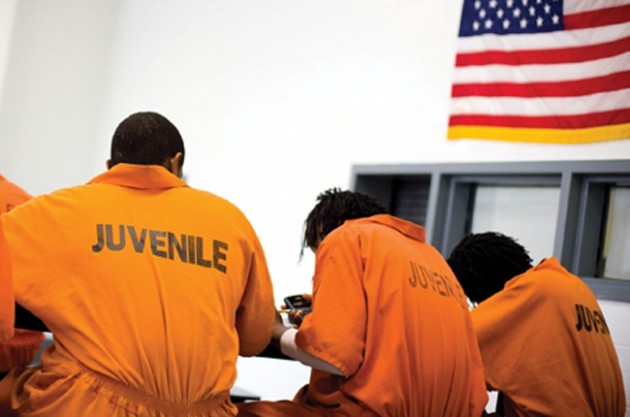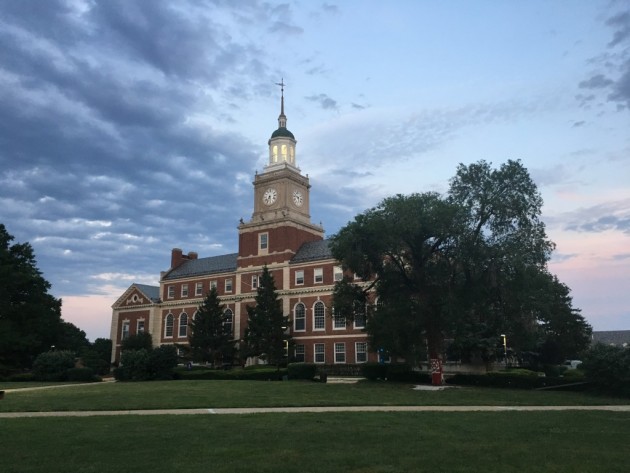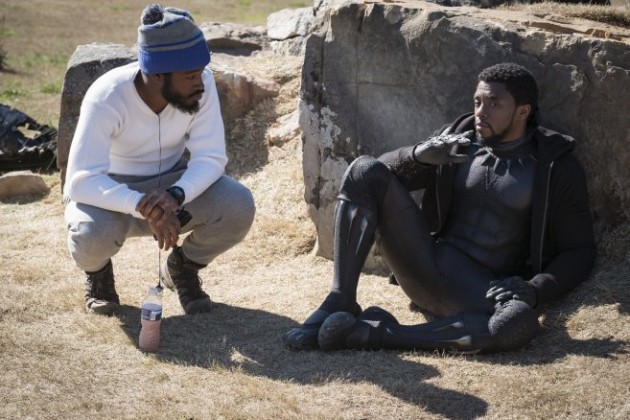
Courtesy: Wikimedia Commons
The sea of twist outs, crochet twists, wash n’ go’s, and afros nodded as snaps of approval could be heard, sending out a nonverbal, “me too, girl,” to Morgan Jerkins. She was the reason nearly 40 people – some complete strangers, some close friends from college – crowed into the hallway-sized opening, beside the overpriced packs of pens and highlighters, in the Howard University Barnes & Noble.
Almost everyone in the room was black, with the exception of one olive-skinned man and one white woman, and two thirds were women. The one thing every guest had in common was that they all wanted to hear what Jerkins had to say about her new book, This Will Be My Undoing: Living at the Intersection of Black, Female, and Feminist in (White) America. The collection of Jerkins’ personal essays comes at a cultural moment where black women are taking their stories from oral and twitter realms, to a more formal literary one.
The 25-year-old Princeton University graduate sat facing the crowd of (mostly) brown faces, clad in a terracotta colored dress with red flowers that matched her lipstick, bright blush, and daring eyeshadow. Her voice was confident and her Jersey accent was easily detectable as she read her own words, printed in the paperback book, vividly detailing her experience of being harassed by a man in a Harlem corner store. Applause met her upon completion, and she responded with a meek, “thank you.”
Jerkins described her book as, “a culmination of the past three years.” In 2014, she said young women’s voices began to hold much more weight. And in 2016, when the United States prepared to transition from its first black president to either Hillary Clinton or Donald Trump, young women, especially women of color amped up their voices even further.
Leveraging the power of Twitter, black millennial women, Jerkins included, began connecting and having discussions about a topic that hadn’t yet made its way to the mainstream: intersectional feminism. Academics and feminists have been familiar with the concept, which examines how women’s overlapping identities contribute to their oppression and discrimination, for decades. It wasn’t until the most recent presidential election that public interest peaked on the idea, though.
Hillary Clinton seemed to be the living embodiment of white feminism: she benefited from a life full of white privilege, but still felt the sting of being deemed less than because of her gender. While she and her supporters had her sights set on breaking glass ceilings, she had very little to say about non-white, poor, queer, or non-Christian women. The women who didn’t quite fit the white feminist mold found themselves on the outskirts on her rally for president.
The country’s other option, Donald Trump, seemed to be against everything an intersectional feminist would stand for. From his vulgar comments celebrating sexually assaulting women, to his anti-Semitic and racist rhetoric, it is clear to see how he earned such monikers as “He Who Shall Not Be Named” with women like Jerkins.
The tipping point came on Nov. 8, 2016 when the country elected “He Who Shall Not Be Named” to be the 45th president. Women of color, black women in particular became “fed up,” as Jerkins put it, and google searches for “intersectional feminism” peaked to its second highest point ever. It reached its most googled state between Jan. 22 and 28 2017, days after Trump’s inauguration and the Women’s March on Washington.
In her book, Jerkins describes the moment that she learned what intersectional feminism is. She was 10 years old and tried out for her elementary school’s cheerleading team. She, four other black girls, and about 30 white girls tried auditioned, and none of the black girls made the cut. She later got into an argument with a darker skinned Filipina friend, who ended up telling her that she didn’t make the cheerleading teaming because they didn’t take “monkeys” like her.
The room full of natural hair and brown skin seemed hurt, but not shocked, by Jerkins’ anecdote as there were no audible gasps, but many shaking heads, disheartened facial expressions, and even a few “yup’s.” It seemed that the only women who sat motionless and speechless was the one white women, Katy Bowman.
“Part of it is just listening,” she said. “I don’t have that experience, I don’t have that background. But a small part of [what I can do] is just being in those spaces and not taking up those spaces.”
Bowman left just as quickly and quietly as she came in (after hugging Jerkins – an old friend from college) whilst a cocoon of black, mostly female Princeton alumni enveloped the author. “Time for a Princeton pic!” one of the women shouted with a smile, scanning the room for old friends as Bowman headed down the bookstore steps.








